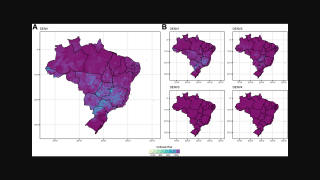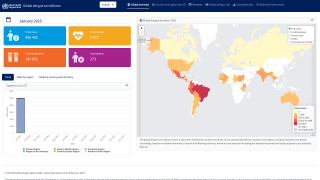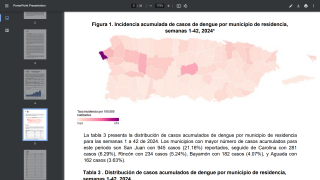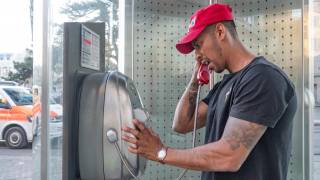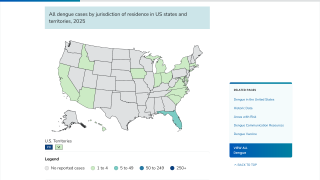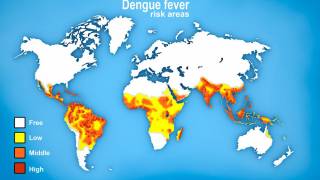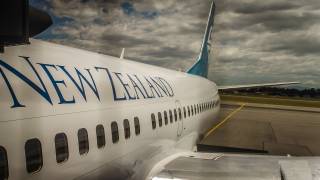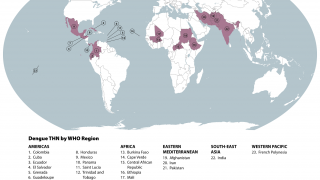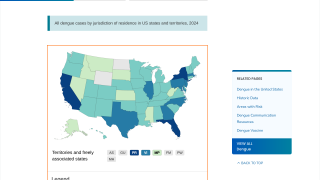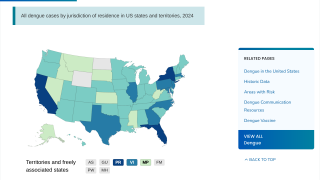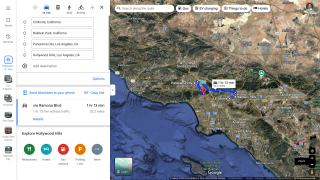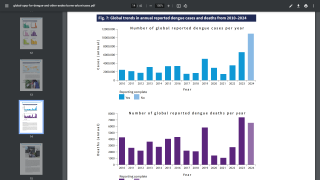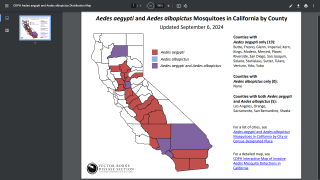France’s Réunion Island Reports 428 Additional Dengue Cases
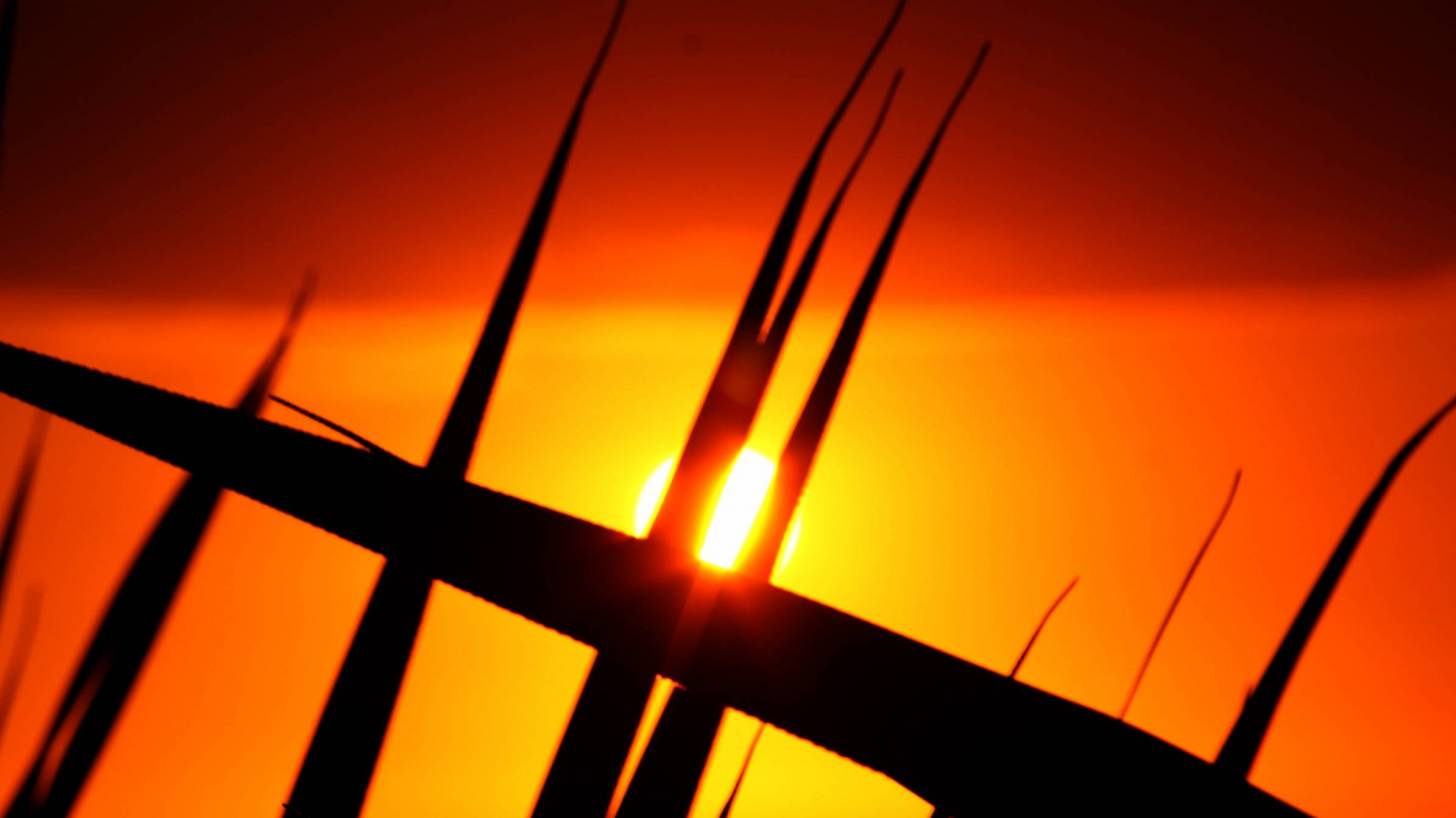
Réunion Island, which is located east of Madagascar in the Indian Ocean, is considered by many to be a relaxing holiday destination.
But recently, the Dengue virus has been disrupting vacation plans on this French island.
Previously, on March 27, 2018, public authorities raised the emergency plan level to 3, corresponding to a low-level epidemic.
The World Health Organization (WHO) is reporting another sharp increase in the number of dengue cases reported in Réunion since the beginning of 2018.
As of April 23, 2018, over 1,800 autochthonous dengue cases have been confirmed by the WHO, including 428 probable and confirmed cases reported during the April 16-23 week.
This WHO report compares with less than 100 dengue cases reported in all of 2017.
Dengue is caused by any one of four related viruses transmitted by mosquitoes.
The presence of competent mosquito vectors and the uncertainty regarding the level of dengue immunity of the local population highlight the need to effectively control the epidemic.
Aedes albopictus and Aedes aegypti mosquitoes are both found in Réunion.
More than one-third of the world’s population is living in areas at risk for Dengue infection, according to Healthmap.org.
As many as 400 million people are infected yearly with Dengue.
Since the beginning of 2017, the main circulating strain is DENV-2 (537 serotypes), with other serotypes detected mainly among imported cases.
The type of dengue infection is important when considering a preventive vaccine.
The WHO said recently that Dengvaxia, a new vaccine against the Dengue virus, should only be administered to individuals who have previously been confirmed to have had the infection.
Another vaccine candidate, TAK-003 is in Phase 3 clinical study.
Produced by Takeda Pharmaceuticals, TAK-003 is comprised of a molecularly cloned attenuated strain of dengue serotype 2 (DENV-2) and engineered strains of dengue serotypes 1, 3 and 4 (DENV-1, DENV-3, and DENV-4).
The WHO says travelers returning from areas where dengue virus transmission occurs, such as Réunion Island, should seek medical attention if symptoms compatible with Dengue fever appear in the first 2 weeks after return.
Our Trust Standards: Medical Advisory Committee



